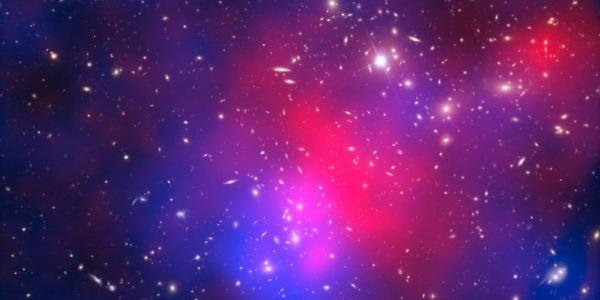Physics Theory Seminar with Christian Drischler on Bayesian uncertainty quantification for microscopic nuclear matter calculations
Significant advances have been made in constraining the cold, dense matter equation of state (EOS) in recent years. These advances come, e.g., from multi-messenger astronomy, nuclear forces derived from chiral effective field theory (EFT) and their implementation in ab initio many-body frameworks, Bayesian quantification of theoretical uncertainties, and novel experimental campaigns such as PREX-II and CREX and heavy-ion collisions. However, many key questions remain, especially regarding the composition and EOS of the dense matter in the inner cores of heavy neutron stars.
In this talk, I will present several applications of Bayesian uncertainty quantification to microscopic nuclear matter calculations. First, I will summarize recent chiral EFT-based predictions for low-density nuclear matter. Second, I will discuss rigorous benchmarks of nuclear saturation properties of chiral interactions against various constraints from density functional theory (DFT). Third, I will demonstrate the efficacy of Bayesian model mixing (BMM) in combining EOS predictions from chiral EFT at low and perturbative QCD at very high densities to construct globally predictive, microscopic EOS models that cover all densities probed by neutron stars.
This lecture was made possible by the William C. Ferguson fund.

